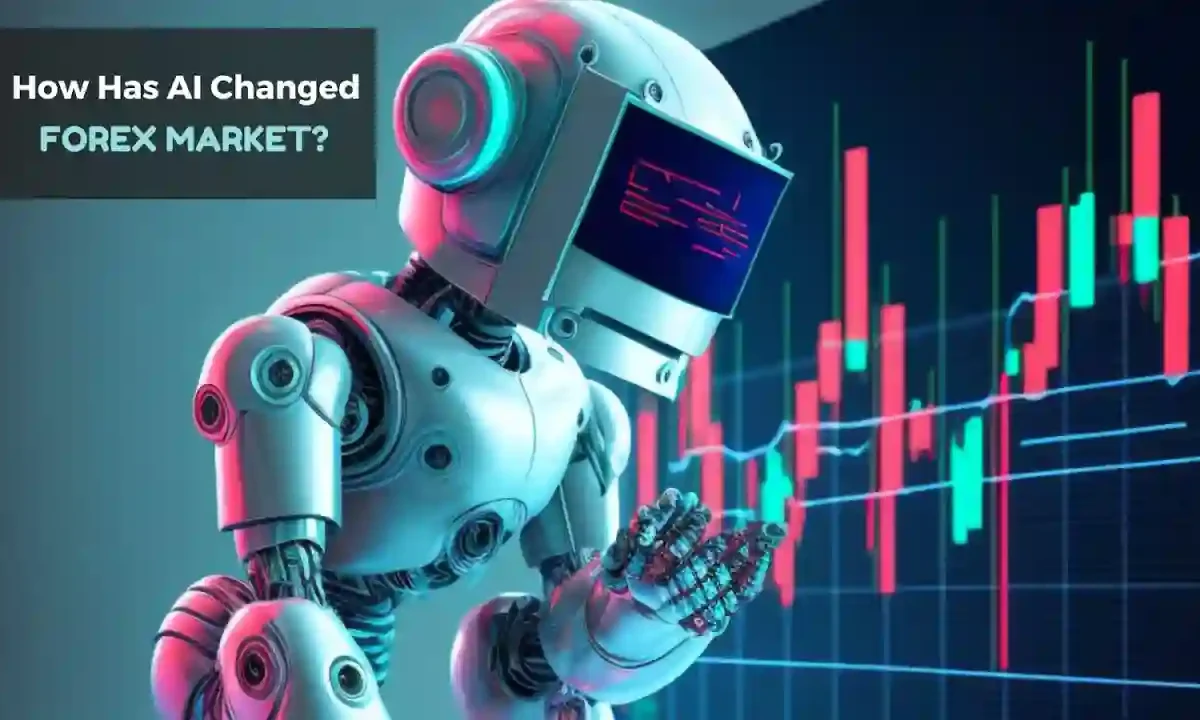
Unraveling the Impact of Market Psychology on Forex Robot Performance
- Forex & Crypto
- May 7, 2024
- No Comment
- 1065
In the realm of foreign exchange (forex) trading, the marriage of technology and finance has birthed sophisticated tools known as forex robots. These automated systems, powered by algorithms, aim to capitalize on market inefficiencies and execute trades with speed and precision. However, amidst the complexity of forex trading, there exists an intangible force that significantly influences market dynamics – market psychology. In this discourse, we delve into the intricate relationship between market psychology and the performance of forex robots.
Understanding Forex Robots:
Forex robots, also referred to as expert advisors (EAs) or algorithmic trading systems, are computer programs designed to execute trades on behalf of traders. They operate based on predefined sets of rules and algorithms, allowing for automated trading without the need for constant human intervention. These robots are capable of analyzing vast amounts of data, identifying trading opportunities, and executing trades with split-second timing, which is often beyond the capacity of human traders.
Market Psychology: The Invisible Force:
Market psychology embodies the collective sentiment, emotions, and behavioral patterns of traders participating in financial markets. It encompasses greed, fear, optimism, pessimism, and herd mentality, among other factors. Understanding market psychology is crucial as it drives price movements, often leading to market trends, reversals, and volatility.
The Impact of Market Psychology on Forex Robot Performance:
While forex robots excel in executing trades based on technical indicators and predefined parameters, their performance can be significantly affected by shifts in market psychology. Here’s how market psychology influences forex robot performance:
- Emotional Trading Dynamics: Human traders often succumb to emotions such as fear and greed, leading to impulsive trading decisions. Forex robots, being devoid of emotions, are designed to eliminate these psychological biases. However, they are still influenced by the collective emotions of market participants. Sudden shifts in market sentiment can trigger unexpected price movements, causing forex robots to misinterpret market conditions and execute trades contrary to their programmed logic.
- Volatility and Market Noise: Market psychology plays a pivotal role in shaping market volatility and noise. During periods of heightened emotions, such as economic uncertainty or geopolitical tensions, markets may experience increased volatility and erratic price movements. Forex robots, particularly those reliant on technical analysis, may struggle to navigate through such turbulent market conditions. False signals and whipsaws can lead to losses or reduced profitability for automated trading systems.
- Herding Behavior: Herding behavior, where traders tend to follow the crowd, can create self-fulfilling prophecies in financial markets. Forex robots may encounter challenges when market sentiment becomes overwhelmingly bullish or bearish, leading to overcrowded trades. In such scenarios, automated systems may struggle to exit positions at favorable prices due to liquidity constraints or sudden reversals triggered by mass exits.
- News and Sentiment Analysis: Market psychology often manifests in news sentiment and macroeconomic indicators. Forex robots equipped with sentiment analysis capabilities may incorporate news sentiment into their trading algorithms. However, interpreting qualitative data such as news articles, social media sentiment, and central bank speeches poses challenges for automated systems. Misinterpreting news sentiment or reacting too slowly to market-moving events can impact the performance of forex robots.
- Adaptability and Machine Learning: To mitigate the impact of market psychology on forex robot performance, developers are increasingly integrating adaptive algorithms and machine learning techniques into automated trading systems. These advanced systems can learn from past market behaviors, adapt to changing market conditions, and dynamically adjust their trading strategies. By continuously evolving and optimizing their algorithms, adaptive forex robots strive to navigate through the complexities of market psychology more effectively.
Conclusion:
Market psychology exerts a profound influence on the performance of forex robots, shaping market dynamics and influencing trading outcomes. While automated trading systems offer efficiency and precision, they are not immune to the irrationalities and emotional biases inherent in financial markets. To enhance the resilience and adaptability of forex robot, developers must incorporate sophisticated algorithms, machine learning, and sentiment analysis capabilities. By understanding the intricate interplay between market psychology and automated trading, traders can harness the power of technology to navigate through the ever-changing landscape of the forex market.

